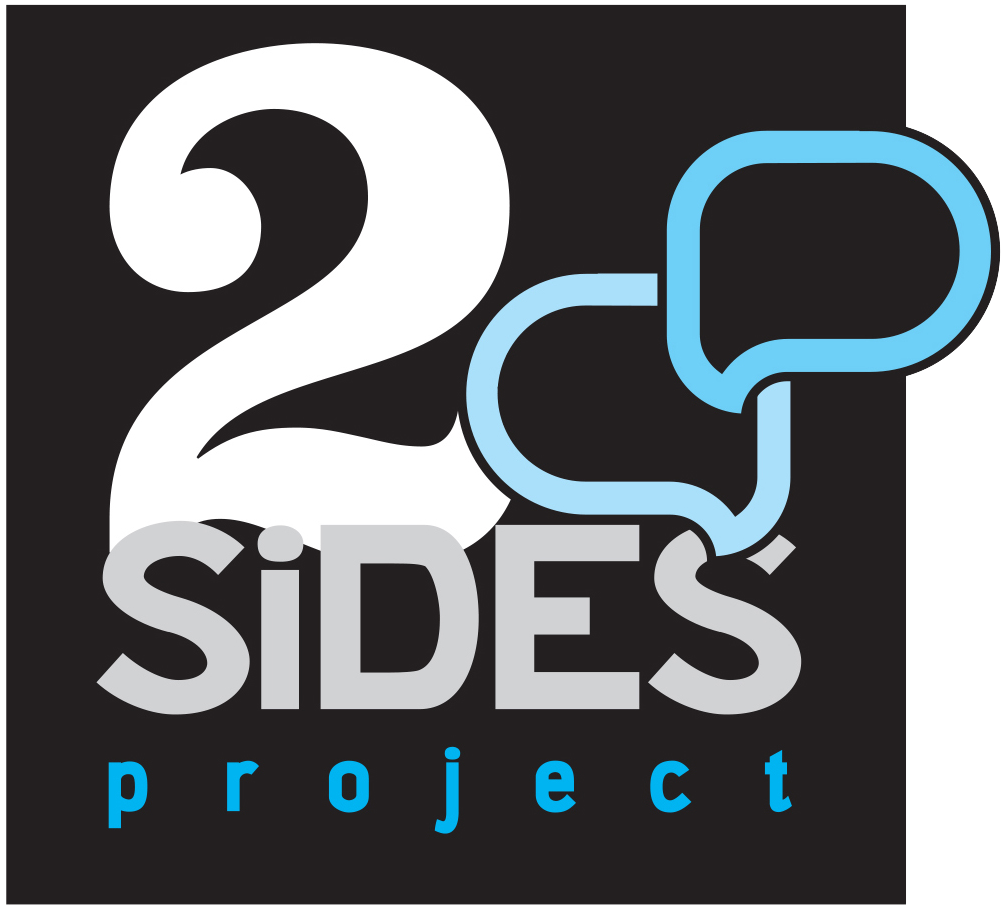Part of a bomb recovered and now on display at the Mine Action Visitor Center in Dong Ha.
Mike Ives, The New York Times reporter who wrote so eloquently about our trip to Vietnam, used a word in his article that stopped me short. He called the trip an “odyssey of hope and redemption.” It’s the word redemption that I've been mulling over since.
The idea of redemption was certainly in my heart and head when I left for Hanoi. I wanted to meet the other side because I wanted to rid myself—literally save myself—from any lingering resentment I felt toward the Vietnamese. I thought if I connected with another son or daughter who lost their father too, any last whispers of anger echoing in my ears would disappear. That happened. In sharing our pain, we found compassion for, and from, the other side. We were comforted being together. I was finally redeemed, done with the bad thoughts that could have poisoned my mind forever. The whispers have not returned.
But then something else happened. Over the course of 11 days, while I tried seemingly insane ways to cross the busy streets and ate (slightly) more proficiently with chopsticks and listened to the gentle flow of the language, I couldn’t escape one of the war’s deepest yet most visible scars. In every museum exhibit, conversation, and official meeting, Agent Orange was there. The herbicide had seeped so completely into the water supply and the soil, into the country’s very being, that it couldn’t be ignored. I saw people who were born with defects caused by it. I heard U.S. Ambassador Osius talk about how we had to own our responsibilities, and focus on cleaning up the worst hit area, right around the air base where my father was stationed. I heard how AO was used on bombs, bombs that were dropped by a relentless stream of planes, planes like the ones my father flew. I know Vietnam was a different place in my father's time. But I wished he could experience for himself what I saw and heard. He wasn't able to sit across the table and see the pain of war in the eyes of the other side. One Vietnamese veteran said it best: had we talked like this from the start, we may never have fought at all.
So, the idea of redemption evolved during the trip, well beyond my original thought. Or maybe it was there all along. Perhaps it only surfaced in my consciousness when Mike used the word in his article. Either way, I am hopeful that our mission and group left a new mark that will endure across the land, and in the people of this country I have come to so admire, and respect.

